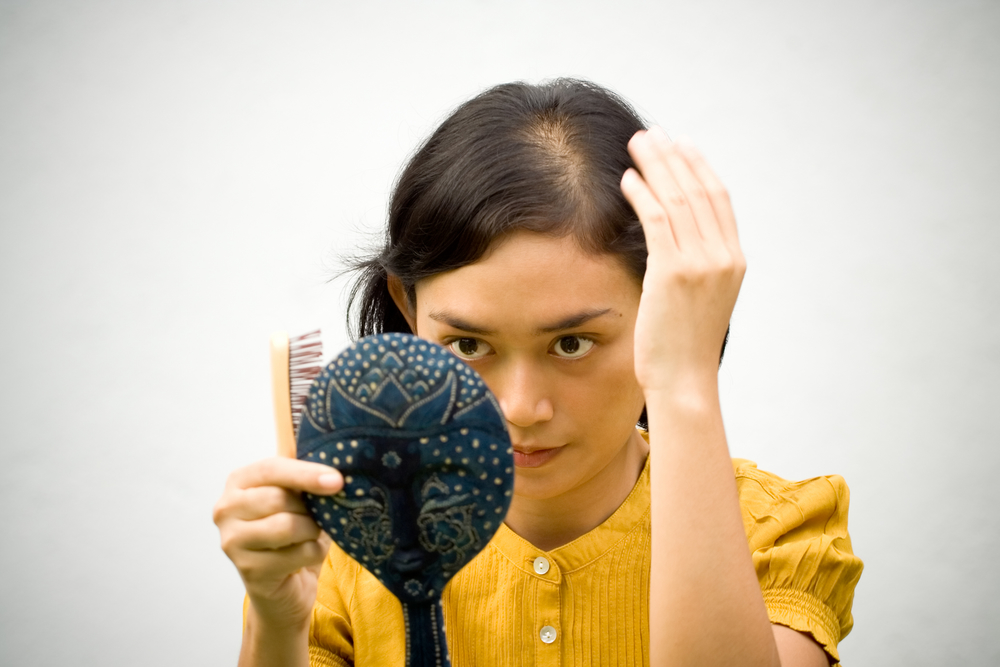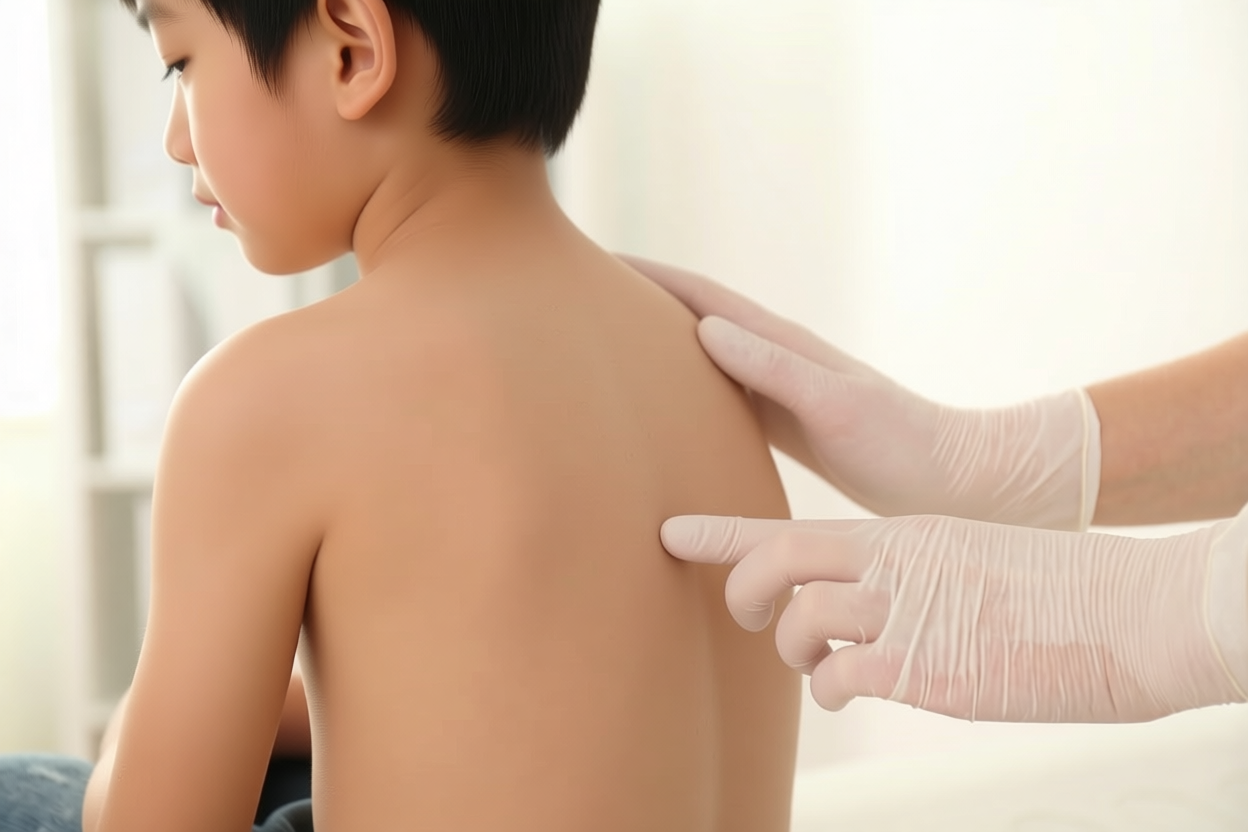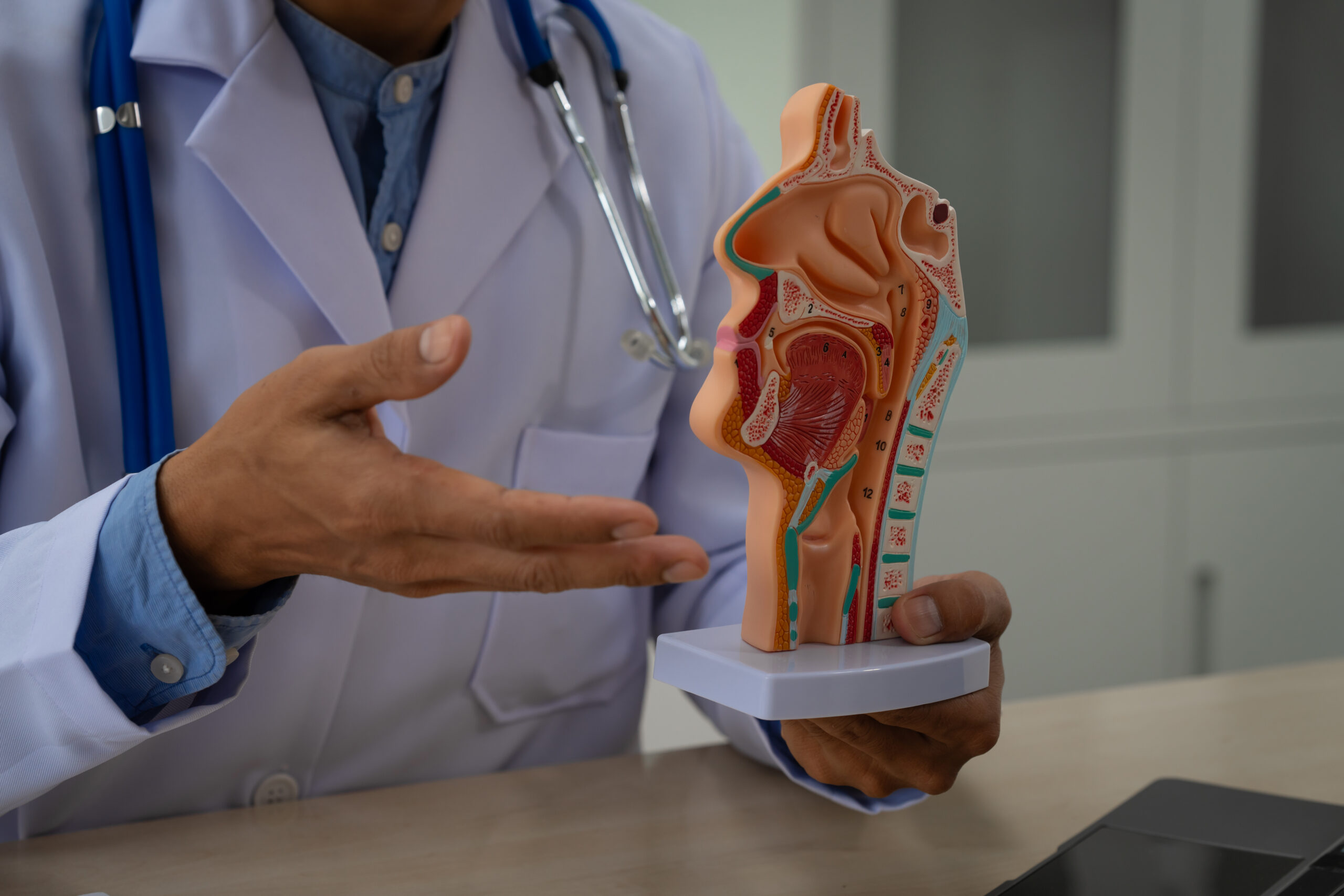A head full of luscious hair is a hallmark of youth and vitality. However, as we get older, our hair lose thickness and density due to shrinking hair follicles and slower rate of hair growth. Other external factors such as environmental damage or harsh treatments scan also lead to excessive hair loss and balding.
Hair loss may also be due to other reasons such as hormonal changes, medical conditions, certain medication side effects, or due to a stressful or emotional event. If you notice a sudden and unusual increase in hair loss, you may wish to see a doctor to eliminate illness or health related causes.
Myths about hair loss
Here are some myths about hair loss that you should put to rest:
Myth #1: Eating too much salt causes hair loss
Contrary to popular belief, there is no conclusive evidence to suggest that high salt intake directly leads to hair loss. However, proper nutrition is vital for healthy hair growth, so you should pay attention to consuming a balanced and nutritious diet.
Myth #2: Cutting hair promotes hair growth
Whether you shave it or cut it, hair growth will not be affected. You can however, make your hair more manageable by removing split ends and cutting it to a length that you allows you to spend less time to take proper care of your hair and scalp.
Myth #3: Wearing a cap can cause baldness
Hair receives nutrients directly from the scalp and does not take in oxygen directly from the air. Wearing a cap frequently does not lead to baldness, though you should take care not to wear a cap that exerts excessive tension on your scalp.
How to prevent premature hair loss
Get enough sleep
Sleep enables the body to perform restorative functions including growing new hairs. It is normal for a person to experience a loss of 50 to 100 strands of hair a day, and if these strands are not replaced by new hairs, thinning will occur.
Include more protein in your diet
Your hair is made up of protein and it has been shown that a lack of protein in the diet will promote hair loss. If you find that your hair is thinning following a change in diet, put a pause on that diet to deduce if your new diet was a cause of the hair loss.
Eating whole foods are also important as they come packed with other nutrients such as vitamin D, iron, and zinc, which are important for hair growth.
Quit smoking
Studies have shown strong links between smoking and hair loss. There are many factors why smoking can cause hair loss, including a weakened immune system, reduced nutrients and minerals to produce healthy hair due to the toxic chemicals in cigarettes, lowered quality of air due to smoke pollution in homes and cars from cigarette smoke.
Be gentle with your scalp
Avoid rubbing your hair dry vigorously with a towel. Your hair is in its weakest state when wet and doing so will cause breakage of hair. Instead, pat dry with the dry part of a towel and work quickly with a hairdryer at low to medium setting.
Protect your scalp
Avoid prolonged exposure of your scalp under direct sunlight. Your hair may already be a natural barrier that protects your scalp from sunlight, but for those already experiencing hair loss, a cap or an umbrella is your best form of protection against harmful UV rays.
Speak to a doctor
There are topical and oral medications available to slow down hair loss and even stimulate hair growth. Consult a doctor to diagnose the type of hair loss, and prescribe a suitable course of treatment.







